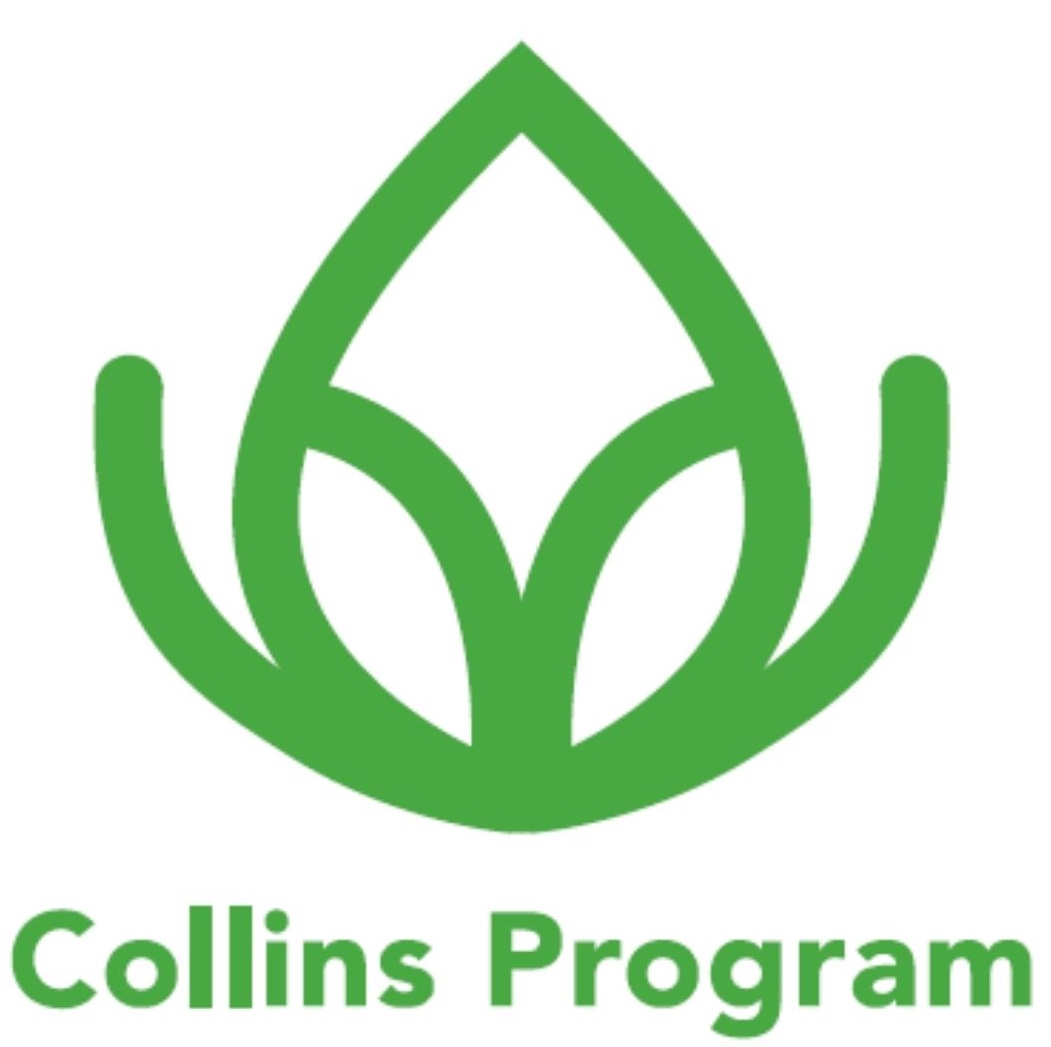








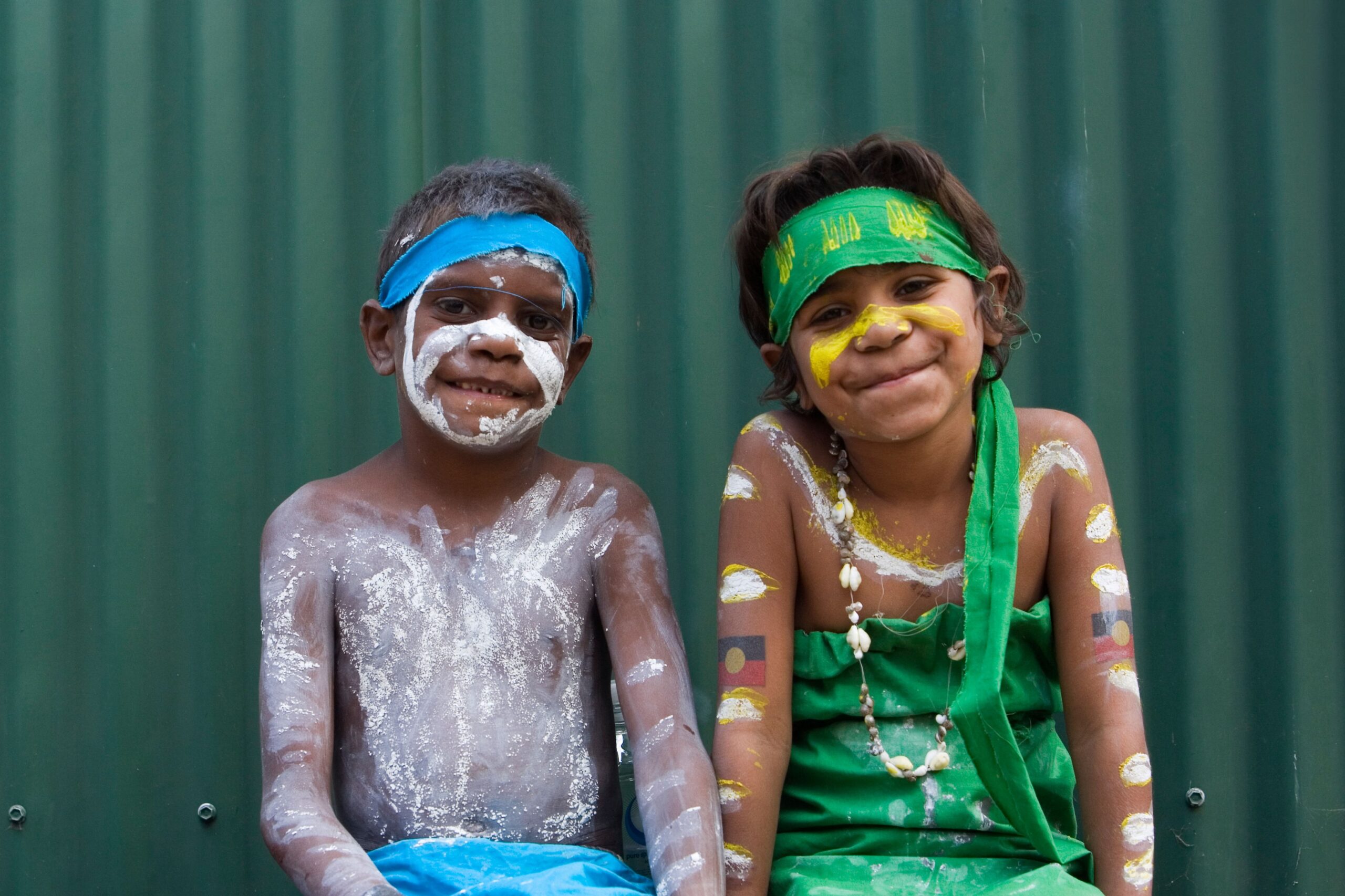
The Collins Program
The Collins Program is a comprehensive education program that is fun, engaging and mostly designed to encourage children to have a meaningful life. Our team of professionals, including teachers and doctors, have helped to prepare this program.
This program is suitable for children aged 3-12 and is suitable for both the classroom and home learning environment. The Collins Program improves children’s physical, cognitive, language and emotional skills and helps increase personal, social, ethical, intercultural understanding.
The Collins Program utilises enjoyment and unique learning methods in line with the Early Years Learning Framework (EYLF), as well as touching on STEM concepts.

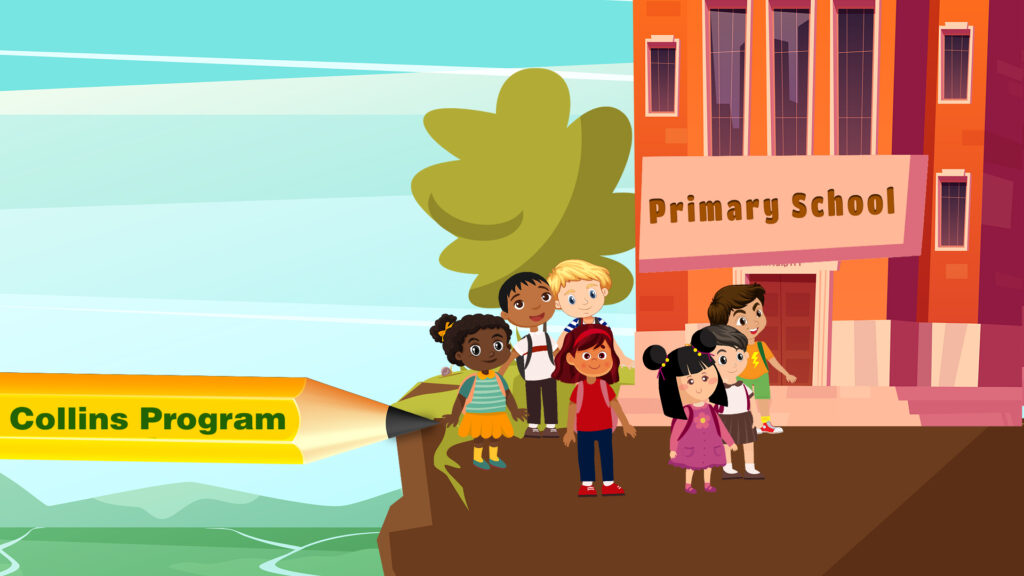
Our Benefits
- The Collins Program is a useful and productive program to teach children how to have a meaningful life through easy lessons in the world.
- A complete educational tool with a unique combination of traditional and holistic learning into a fun and easy to understand format.
- Teachers who use the Collins Program will have increased opportunity to research and provide educational material based on the individual needs and interests of each child.
- Each set of lessons blends the full range of educational outcomes into a fun and easy to understand format.
- Designed specifically to be used for both families at home and professional educators.
- Most lessons only need to be printed. We recommend laminating printed lessons so they can be reused for many years.


STEM is an approach to learning and development that integrates the areas of science, technology, engineering and mathematics. Rather than teach the four subjects as separate, STEM integrates the subjects into a singular learning experience. This blended learning environment focuses on teaching children problem solving for real-world applications.
Students develop key skills including teamwork, initiative, digital literacy, creativity, critical analysis, problem solving and independent thinking. STEM based learning is ideally suited for early childhood education and is fundamental to the Collins Program syllabus.
Our Awesome lessons
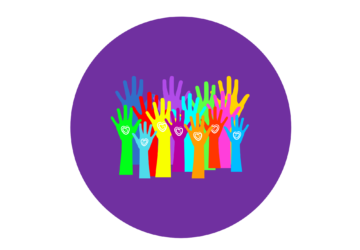
-
Lesson 1
Beauty of Diversity
Teaching children to see beauty in our differences is another core feature of the Collins Program. Sowing the seeds of love and acceptance in the early years helps children grow in our global village. Diversity is not only important for unity and togetherness, but it also makes life interesting! By showing children that beauty comes in all colours, shapes and sizes, we are helping them to make the world a better place.
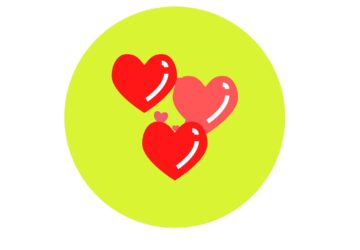
-
Lesson 2
Well Wishes
Well Wishes is a portion of the Collins Program which encourages children to be charitable in their community. Through Well Wishes, children discover the wonderful feeling of being useful and helping others, thus increasing their self-confidence. One such activity is baking cookies to “sell” to family members and friends, with the funds going to a charity such as the Children’s Cancer Foundation. By engaging children in charity work we are developing important social and emotional skills, particularly learning empathy.
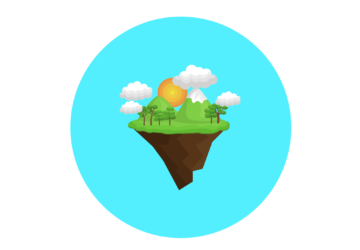
-
Lesson 3
The Beauty of Nature
Inspiring a love of nature is a high priority for the Collins Project. We believe teaching children to appreciate and respect our natural environment will have lifelong benefits. Through our thoughtful curriculum, we teach children to be kind to every creature, love human beings and respect nature. By incorporating plenty of fun outdoor activities, our environmental education provides a foundation upon which children can grow, to not only love and enjoy nature but to also protect and preserve our precious environment.
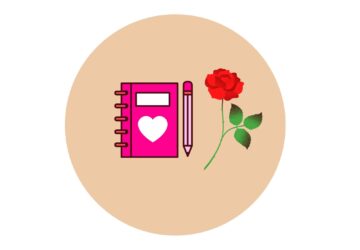
-
Lesson 4
Nurturing Gratitude
The ability to see and appreciate the good in life is a fundamental part of the Collins Program philosophy. We want our children to be grateful for the opportunities, gifts, and kindness they receive from others. We believe appreciation is one of the most important skills we can teach our children to create a meaningful and happy life. By nurturing gratitude in our children, we build resilience to benefit their physical, mental, and social health.
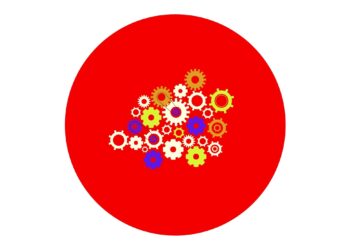
-
Lesson 5
Engineering
The Collins Program Engineering lessons teach basic design, creativity and building concepts through play. Children visualize and understand the scientific concepts using simple tools, and learn to select, focus and follow patterns to achieve their goals.
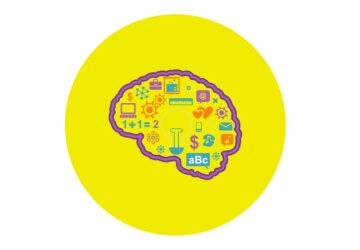
-
Lesson 6
Technology
Technology is a field in STEM training and a fundamental concept for learning. The Collins program uses age-appropriate activities to gradually introduce children to different types of technology, including interactive media, communications and design.
The Collins program technology lesson promotes language skills, critical thinking, capacity for visual attention, and boosts curiosity.
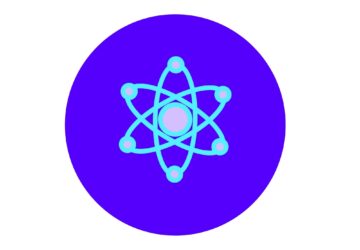
-
Lesson 7
Science
Science is a field in STEM training and using science to explore children’s environments is a key feature of the Collins Program. We use children’s innate curiosity to help them understand the world around them. We encourage children to ask questions and develop the skills needed to answer those questions. We use easily accessible skills like cooking and gardening to help children get a head start on their scientific voyage, from simple and safe food preparation techniques to understanding recycling and composting.
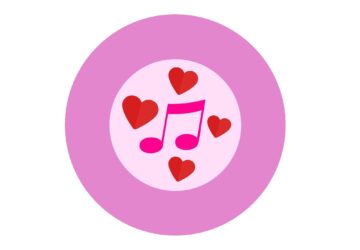
-
Lesson 8
Music Enjoyment
The Collins program brings the joys of music into your home. Music provides many lifelong benefits for children and can have a profound effect on the body and mind. The Collins Program uses songs and nursery rhymes to make learning music fun. We also provide opportunities to make your own music using simple homemade instruments. Each lesson includes a music introduction sheet and full instructions.
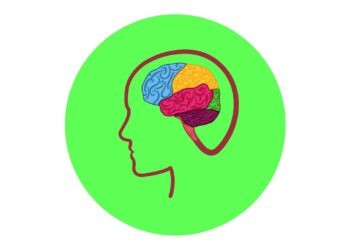
-
Lesson 9
Mental Health
Child psychiatrist Dr. Naysun Saeedi has prepared the Collins Program mental health curriculum. Mental health affects the way we think, feel and act. Dr Saeedi’s lessons present advice for emotional, mental, and social well-being. Our mental health lessons are accompanied by infographics, to enable easy at home teaching.

-
Lesson 10
Virtues
The Collins Program aspires to instil a strong sense of virtues in our children. Learning about good behaviour and fairness through our stories helps children to understand the differences between right and wrong. We believe we have a responsibility to teach children the values of honesty, honour, trust and equality. By incorporating these virtues into our lessons, we build a sturdy base for caring future citizens.
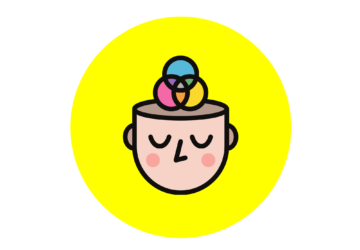
-
Lesson 11
Self-regulation
Self-regulation, or self-control, is the ability to control behaviour, feelings, and thoughts to increase desirable behaviours, prevent undesirable behaviour and achieve goals. Learning this skill is important for children in terms of emotional maturity and social communication in the future. The Collins Program aims to build self-regulation skills in children, starting off with recognising emotions.
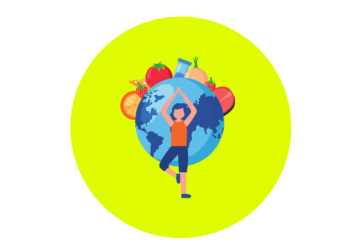
-
Lesson 12
Physical Health
General Practitioner Dr. Maryam Delavari has written our physical health program. Learning how to take care of our bodies is an important part of the Collins Program. We provide fascinating, age-appropriate lessons filled with the science of our bodies. Our physical health lessons are accompanied by infographics, to enable easy at home teaching.
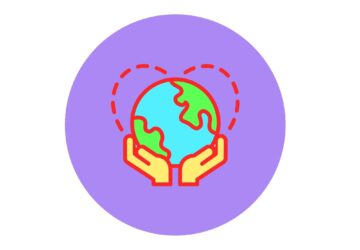
-
Lesson 13
Environmental Sustainability
Inspiring a love of nature is a high priority for the Collins Project. We believe teaching children to appreciate and respect our natural environment will have lifelong benefits. We teach children to be kind to every creature, love human beings and respect nature. By incorporating plenty of fun outdoor activities, our environmental education provides a foundation upon which children can grow, to not only love and enjoy nature but to also protect and preserve our precious environment.
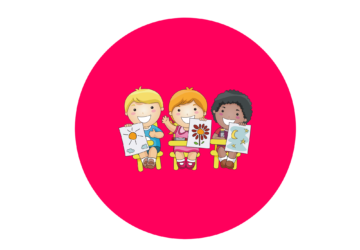
-
Lesson 14
Art Tutorial
The Collins Program believes that art is one of the best instruments to cultivate intellectual qualities in children. Through art activities, children practice creative thinking, language, expression, and fine motor skills. Our art program connects children to themselves and to the world while improving their cognitive development and confidence to express their own thoughts and feelings. Collins graphic designer Maryam Attar, provides a series of fun activities for children to develop their creativity and art skills, using many different techniques.
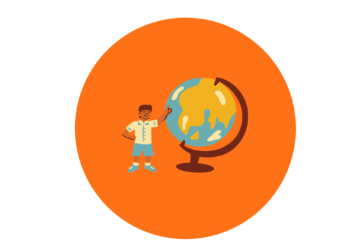
-
Lesson 15
Geography
The Collins Program uses geography to develop children’s understanding of the environment, the natural world, modified landscapes, and the social environment. Beginning at home, we learn about our community, region, state, country, and the world, and how they relate to each other. We find geography helps children develop a sense of place, and we start by drawing a simple map of the place they know best, their home.
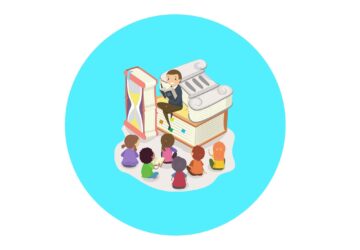
-
Lesson 16
History and Culture
In the Collins Program we use personal, family, local, national, and international events to teach children about the past and the present. We use stories from the past to help our children understand themselves and others. In a global village our children need to be familiar with different cultures and values. History provides an opportunity to open their minds and learn the importance of global cultures and how they change over time.
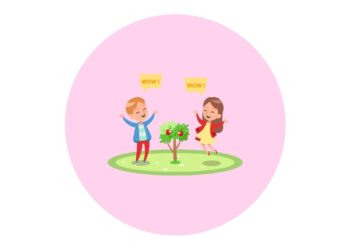
-
Lesson 17
Gardening
Making gardening a healthy joy is an important feature of the Collins Program. Through our gardening program, children have a chance to take care of their own plants including vegetables and fruit. Watching a garden grow, then using their own produce in our healthy recipes, helps children boost self-confidence and increases knowledge about the environment, nutrition, and the food cycle. Gardening is a simple and inexpensive STEM activity for kids.
Gardening provides many learning opportunities for children, developing skills of patience and responsibility and stimulates brain activity.
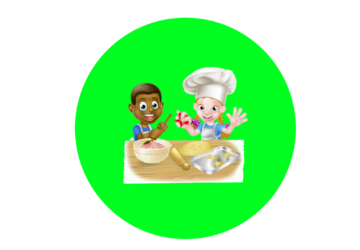
-
Lesson 18
Cooking and Baking
Teaching children to cook healthy food helps them gain knowledge and skills across a range of subjects simultaneously. In the Collins Program we integrate cooking with other programs to improve children’s social and emotional development. While cooking, children use counting, measuring, following sequence, following directions as well as cause and effect. Cooking also encourages cooperation and boosts their confidence. By focusing on nutritious recipes, we also address personal development, health, and physical education topics to children.

-
Lesson 19
Dramatic Play
The Collins Program uses pretend play to allow children to utilise social skills such as empathy, taking turns, sharing responsibility, negotiation, considering the views of others and solving problems. This drama cultivates children’s imagination, thinking, communication, coordination, and cooperation skills. We can use pretend play to encourage ethical and critical thinking by adding problems and scenarios for children to consider.
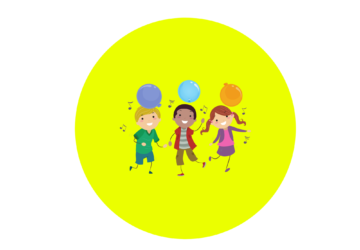
-
Lesson 20
Games Without Equipment
A focus of the Collins Program is to provide many sports and activity options that do not require any equipment. By playing without toys, children use their imagination to bring games to life. We aim to nurture strong, creative, thankful and happy children through this type of play. Imaginative play fosters language skills, problem solving and self-regulation, it is a lot of fun and often very spontaneous!


Collins Exclusive Learning Stories
The Collins Program features four original and beautifully illustrated Learning Story Series.
1. Safety in Alphabet Village Series
Each month, the Alphabet Village series focusses on the adventures of a new individual letter. At the end of each story, a parent/educator guide aids in consolidating the lesson with discussion points and activities for the child to complete.
2. Dinosaur City Series
The Dinosaur City series is based on adventures highlighting an ethical concept or dilemma. Each story is half-written, and children develop their creativity by finishing the second half of the story. The Dinosaur City series also incorporates the ‘letter of the month’ as much as possible.
3. Uppercase and Lowercase Letter Series
The Uppercase and Lowercase Letter series is a collection of stories that helps teach children the difference between uppercase and lowercase letters. Each story contains an activity worksheet to consolidate the lesson as well as focussing on the ‘letter of the month’.
4. Sophie and Henry series
Sophie and Henry are two pigeons who assist an angel on her mission to help the world’s children. The trio travel the world, magically saving the day with social skills, emotional intelligence, and ethics. Each story contains parent/educator guide questions to assist children in discovering the story’s message.
Ebook: Evie
